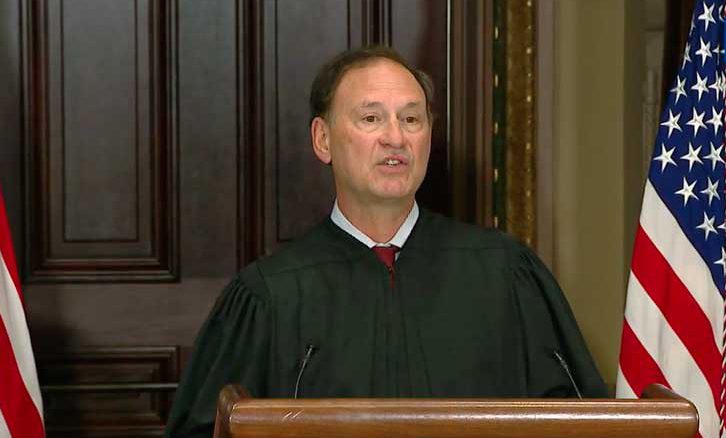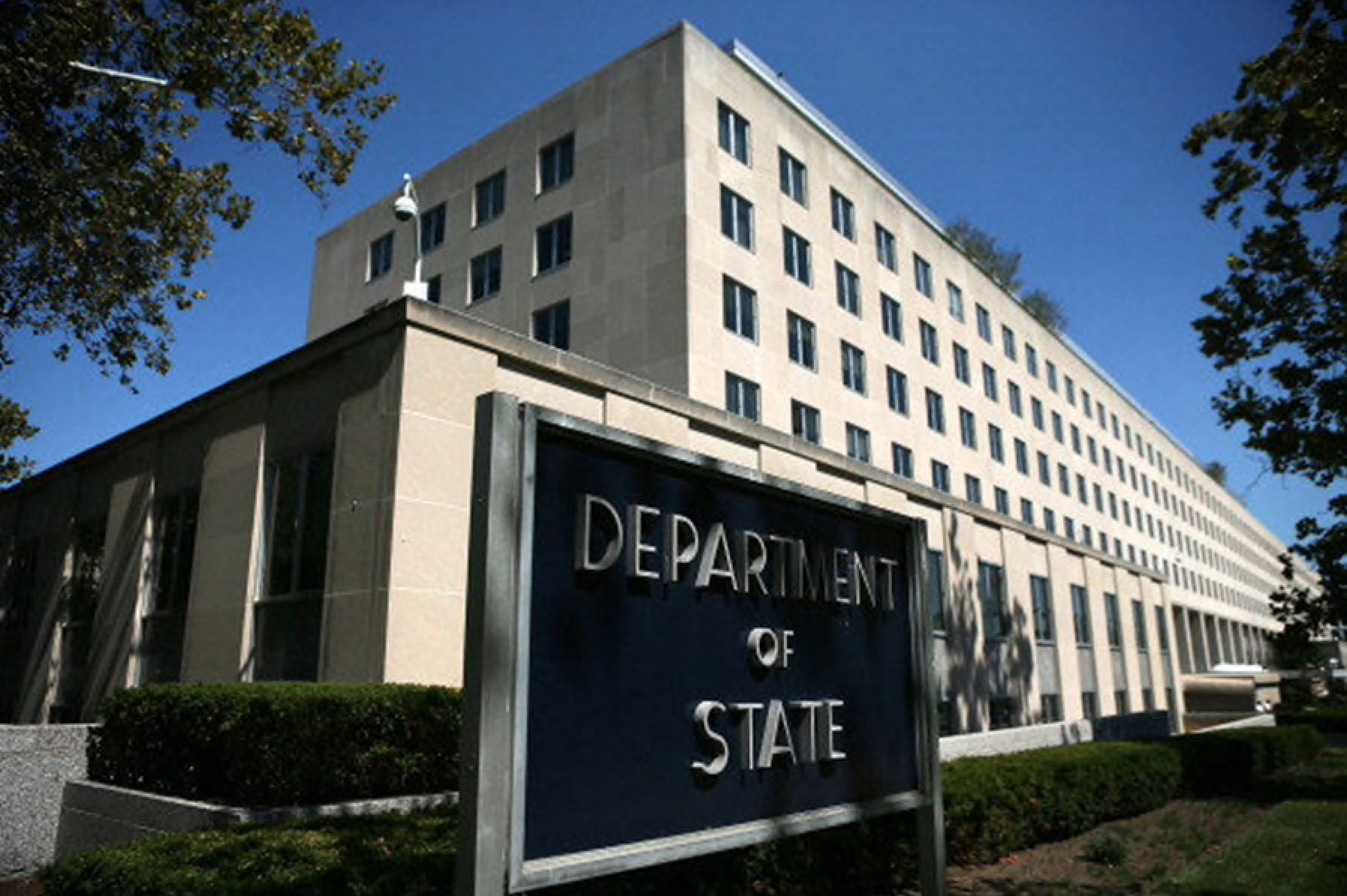Senate committee approved ethics code to regulate Supreme Court.
The Senate Judiciary Committee approved an ethics code last month for the Supreme Court that resembles the rules all other U.S. federal courts are required to follow. The bill would require Supreme Court justices to disclose financial gifts and recuse themselves from cases in which they have a conflict of interest. The committee’s approval forwarded the bill to the Senate floor for a future review and vote.
Supreme Court Justice Samuel Alito recently said that the Senate Judiciary Committee does not have the legal grounds to impose a binding ethics code on the Supreme Court. “Congress did not create the Supreme Court,“ Justice Alito said. “No provision in the Constitution gives them the authority to regulate the Supreme Court — period.”
The U.S. Constitution states, “The supreme Court shall have appellate Jurisdiction, both as to Law and Fact, with such Exceptions, and under such Regulations as the Congress shall make.” Certain legislators deem this clause to allow legislative regulation of the court itself instead of merely being the requirement for the court to rule according to congressional regulations. Some others question whether it is a violation of the separation of powers for the Legislative Branch to attempt to regulate either the Judicial or the Executive Branch.
In 2011, Chief Justice John Roberts stated, “In the case of financial reporting and gift requirements, the limits of Congress’s power to require recusal have never been tested.”
As the Lord Leads, Pray with Us…
- For Justice Alito as he shares his perspective on the relationship between the Legislative and Judicial Branches.
- For members of the Senate as they consider the ethics bill and vote on it.
- For the Lord’s will to be done in this nation as the divisions between and within the governing U.S. branches deepen.
Sources: Reuters, Politico









